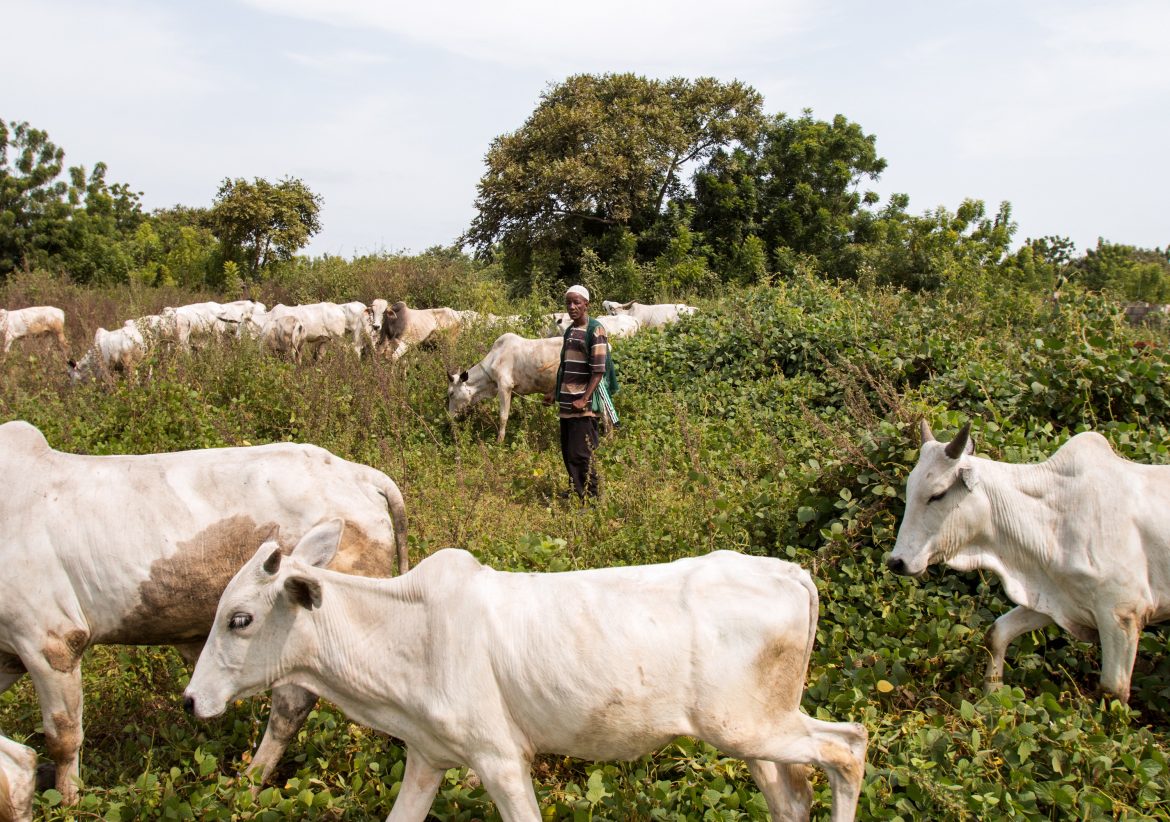Kano State Governor, Abdullahi Ganduje has identified climate change, weakness of state institutions and lack of infrastructure as factors responsible for farmers’ and herders’ clashes in the country.
Ganduje stated this at the National Conference on Livestock Reforms and Mitigation of Associated Conflict hosted by the Kano State Government in Abuja on Monday.
According to the governor, the conference, which had as its theme “Sustainable Livestock Reforms and Mitigating Associated Conflicts in Nigeria”, was to provide a platform for restraining the movements of cattle, boosting livestock production and controlling the country’s deadly herder-farmer skirmishes.
The event attracted more than 500 individuals from a variety of development-related disciplines, including academia, development partners, the agro-industry, livestock management, veterinary medicine, and conflict resolution.
In his address, Ganduje congratulated the conference organizing committee members for their diligent efforts and singled out Prof. Attahiru Jega, the committee’s chairman, for his inspiring leadership.
Read also: Report says Companies’ climate targets not what they claim to be
He said that the meeting was born out of the necessity to suggest a way ahead for the sector’s economic development as well as to resolve the long-standing conflict between herders and farmers, adding that the theme was pertinent in the context of the current situation given the timing of the conference and the fact that Nigeria has been continually facing other security issues.
Ganduje highlighted that farmers and cattle herders had been at odds over land rights for a very long time throughout the nation.
“But the disputes have reached crisis levels in recent years, killing thousands of people and displacing many thousands more with their homes left in relics by attacks,”he said. “The livelihoods of farmers and herders have historically complemented each other”.
Speaking further, he said, “they exchanged produce with one another and when conflicts arose, they were addressed by traditional institutions and existing conflict resolution mechanisms,”. “However, over the past few decades, a wide range of factors have resulted in tensions often ending in deadly violent conflicts between the two groups,”.
The governor said that one of such factors was climate change which has resulted in desertification, adding that soil erosion had also endangered competition over natural resources.
“Drifting away from traditional migratory routes and encroaching on farming lands has fueled negative perceptions, contrasting sedentary communities versus nomadic ones often stigmatising the latter as cultural and or religious intruders,” he said. “Climate change shrinks the amount of arable land, which is contributing to cycles of violence and putting additional strain on relationships among farmers and herders.
He explained that while herders have had to change their transhumance routes along which they move cattle from one grazing ground to another on a seasonal basis; farmers, on the other hand, say that herders are intruding on their land.
Story was adapted from Enviro News.
